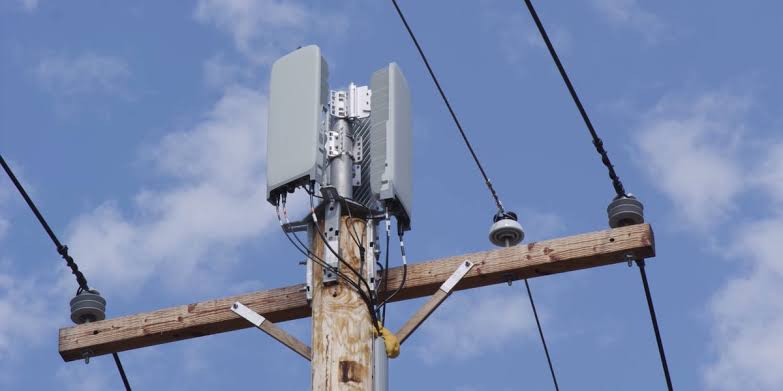Nigeria’s planned 5G wireless network is predicted to bring speeds up to ten times faster than today’s 4G LTE networks, but 5G could also imply millions of new mobile phone towers.
Do you want a cell phone tower or a network base station in your area? Many people respond with a resounding “no way.” However, analysts predict that when 5G — the ultra-fast next generation of mobile communication — arrives, it will be because millions of new cell towers will be built to manage the load.
The Federal Government’s goal to promote indigenous innovative technology in Nigeria’s telecommunications sector was recently given real expression by the Nigerian Communications Commission (NCC).
The NCC demonstrated this by hosting the first prototype and research exposition, which featured no fewer than ten prototypes developed through its sponsored Telecommunications-Based Research Innovation Projects at Nigerian universities, all focused at improving 5G deployment and user experience.
In the face of approaching fifth-generation or 5G commercial rollouts, the Telecom Regulatory Authority of India (Trai) has launched a pilot project to use street furniture to speed up telecom infrastructure expansion.
According to an EconomicTimes report, “Trai has begun conducting pilot projects for deploying street furniture in various parts of the country,” an industry source said, adding that the sector regulator is currently conducting the pilot at four locations: Kandla Port in Gujarat, Indira Gandhi International (IGI) Airport in Delhi, Bengaluru Metro Rail Corporation, and Bhopal City.
The department has already begun to consider the use of’street furniture’ to densely deploy next-generation telecom infrastructure to overcome Right-of-Way (RoW) challenges, and an internal committee is currently reviewing the availability of street furniture in other States in order to leverage the seamless 5G network.
“Kerala is the first state to use street furniture, such as power poles, to deploy the 5G network. The telecom department is holding a series of talks to include representatives from other states. Tilak Raj Dua, director general of the Digital Infrastructure Providers Association, remarked, “Infrastrcuture providers are actively involved in the whole process” (DIPA).
The efficient deployment of street furniture such as bus-stop enclosures, utility poles, or any other street-level infrastructure that can house wireless equipment, according to a Delhi-based telecom infrastructure providers group, proposes highly efficient tools in the toolboxes of mobile carriers to bring their networks closer to the end customers.
The department is actively promoting the use of street furniture such as traffic signals, lit signals, lamp posts, phone booths, athletic field light poles, mailboxes, park benches, utility poles, and billboards for deploying small-cell networks in order to expedite the availability of 5G-ready infrastructure.




